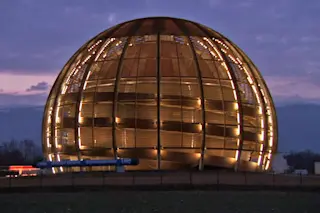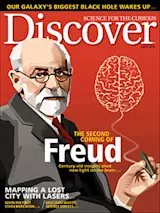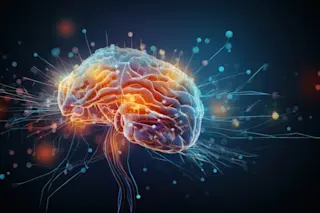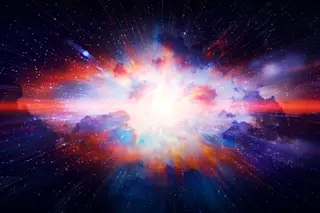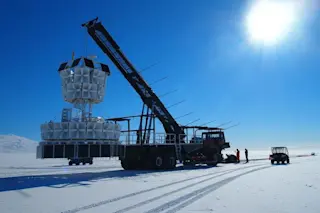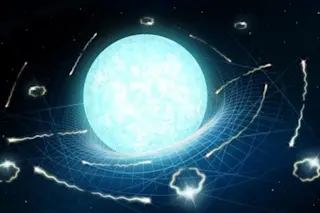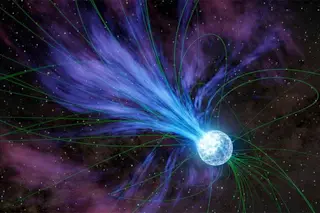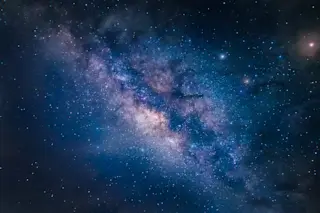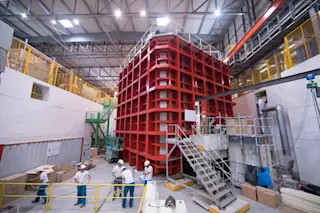Particle Fever has all the trimmings of a Hollywood blockbuster: an epic quest, memorable characters, a tension-filled climax and a huge crash sequence. There’s also an ending that begs for a sequel. It’s got a romantic angle, too: The movie is, at its heart, a love story between physicists and the elusive truths they pursue.
The documentary takes viewers behind the scenes at the Large Hadron Collider (LHC) outside Geneva, Switzerland, from early test runs to the 2012 success of finding the Higgs boson. Fever handles the science nimbly, including perspectives of both theorists, who come up with ways to explain our universe, and experimentalists, who try to prove (or disprove) their ideas. But the movie’s greatest strength may be its human dimension. Following half a dozen scientists at different stages of their careers (and with different, often opposing viewpoints), Fever captures their personalities, their bickering and camaraderie, their dedication ...


